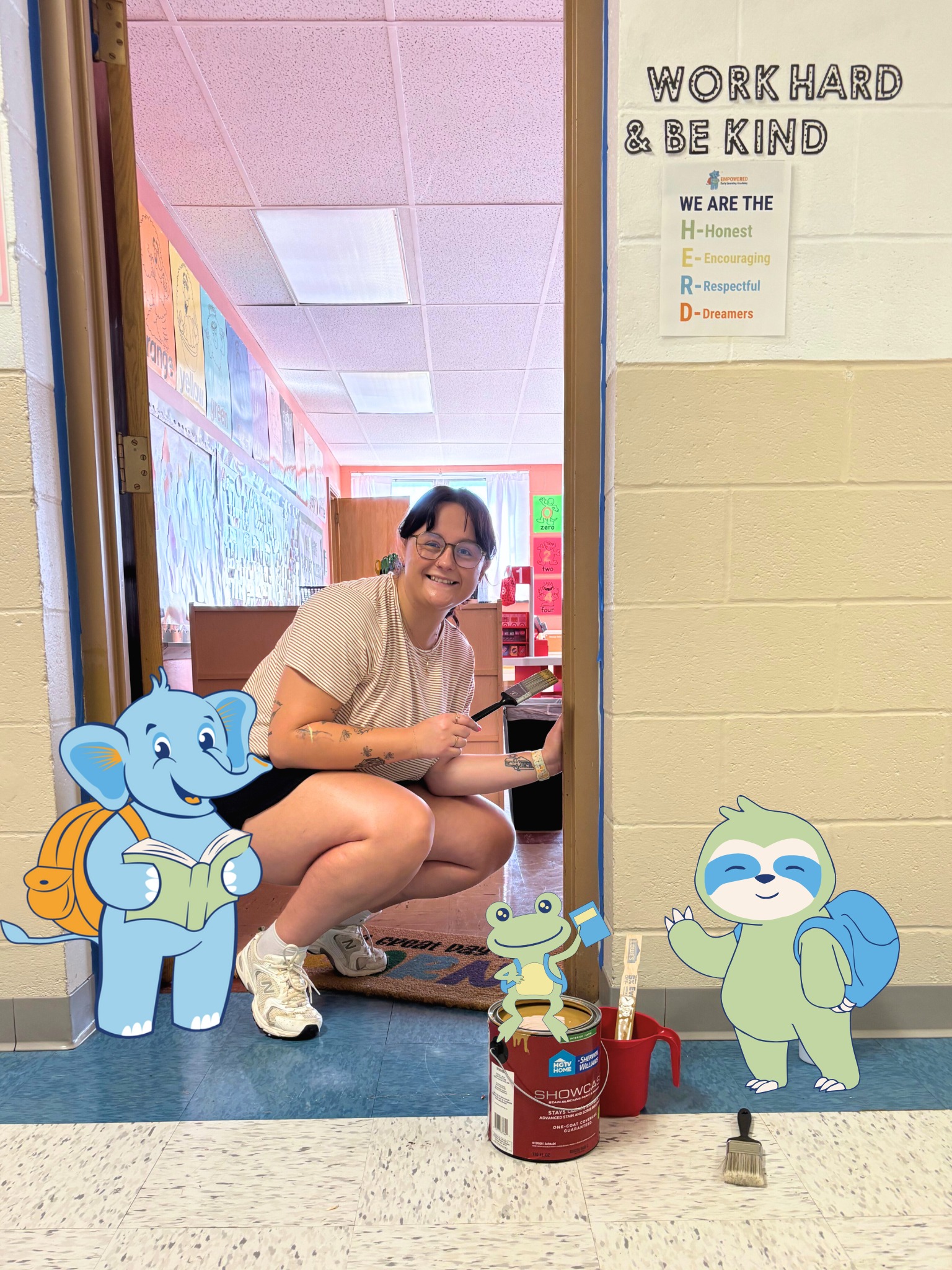Nurturing Little Hearts: Creating a Loving Preschool Environment

Preschool is such an exciting time — a child’s first real taste of the world outside home. While learning letters, numbers, and colors is important, the emotional foundation your child builds during these early years is even more critical. A nurturing preschool environment creates a warm, safe place where children feel loved, accepted, and ready to explore.
Why does nurturing matter?
When children feel cared for, they develop trust in their surroundings and the adults around them. This trust gives them the confidence to try new things, ask questions, and build friendships. On the flip side, a cold or overly strict environment can make children anxious or withdrawn, slowing down their social and academic growth.
How do teachers nurture?
Great preschool teachers know every child is unique and responds differently. They use gentle, encouraging language, listen carefully, and provide comfort when kids are upset. Teachers celebrate small achievements, whether a child learns to share or masters a new skill, boosting their sense of accomplishment.
Routine is another powerful tool. Knowing what to expect helps children feel secure. Morning greetings, snack time, storytime, and play are all familiar anchors during the day. This structure supports emotional well-being, so children focus more easily and handle transitions smoothly.
How can parents help?
You are your child’s first and most important teacher. At home, offer plenty of hugs, praise efforts more than results, and listen actively to their stories and feelings. Encourage them to express themselves honestly — even if it means hearing about a tough day. Building emotional vocabulary helps children understand and manage their feelings.
When you partner with your child’s preschool teachers by sharing insights about your child’s likes, fears, or milestones, you help create a consistent, nurturing experience across home and school.
Simple ways to nurture every day:
- Make eye contact and smile when your child speaks to you.
- Use positive phrases like “I’m proud of you” or “You’re doing great.”
- Validate feelings: “It’s okay to feel sad sometimes.”
- Create quiet moments to read together or share stories.
- Encourage friendships by setting up playdates or group activities.
Remember, nurturing isn’t about perfection; it’s about presence and patience. The love and security your child feels today become the roots that support their growth for years to come.







